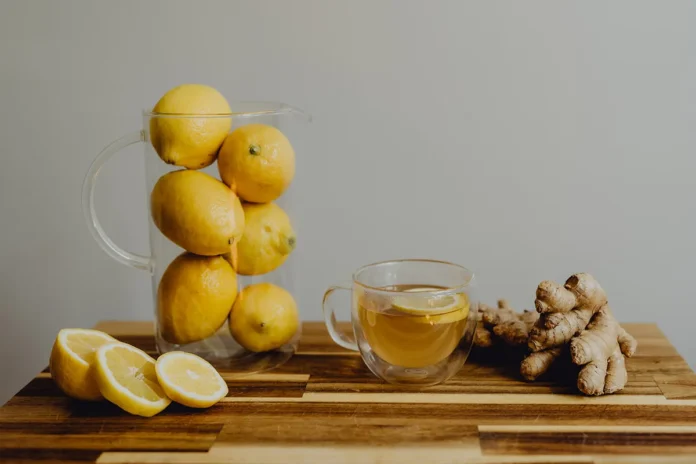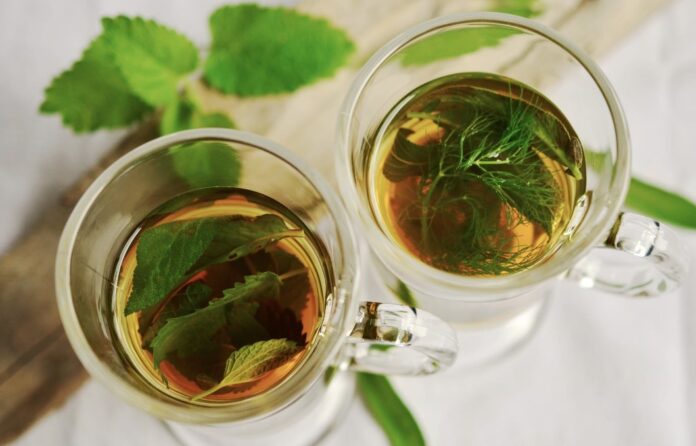Waking up to less-than-fresh air in your mouth is a common experience. But is it just an annoyance, or does it signal something more? Let’s explore the causes, prevention, and solutions for that funky feeling when you open your mouth in the morning.
Key Points
- Your mouth dries out at night, which contributes to odor.
- Food particles and bacteria build up while you sleep.
- Poor oral hygiene can make the smell worse.
- Certain foods and habits influence morning freshness.
- Simple lifestyle changes can help keep your breath fresher.
Why Does It Happen?
The first culprit is dryness. Saliva production slows down while you sleep. Without enough saliva, bacteria multiply, creating those unpleasant odors. The lack of movement in your mouth allows food particles and bacteria to settle, giving them free rein to produce sulfur compounds that cause the smell.
Add to this any onions or garlic you ate the night before, and you’ve got the perfect recipe for a not-so-pleasant wake-up call. Even worse, skipping a proper cleaning routine before bed gives bacteria a feast, making matters worse by the time morning comes.
Is It Really Normal?

Short answer: Yes, for most people, waking up with a funky smell is not a sign of anything serious. It’s often just a result of natural processes in your mouth overnight. However, consistent bad odors, even after brushing, could point to issues like gum disease, cavities, or other health problems.
Quick Tips for Freshness
- Brush and floss daily ─ Get rid of food particles that bacteria thrive on.
- Stay hydrated ─ Water helps saliva do its job, which keeps bacteria in check.
- Chew on fresh herbs ─ Parsley and mint contain natural compounds that fight odor.
- Try specialty mints ─ Products like Flintts Mints work wonders for keeping your mouth moist and fresh.
- Limit certain foods at night ─ Spicy meals, onions, and garlic can linger long after dinner.
What Makes Freshness Harder to Maintain?
Certain habits and health conditions can worsen the problem. Smoking dries out your mouth and introduces toxins that promote bacterial growth. Acid reflux brings stomach acids into the mouth, creating unpleasant odors. Even some medications reduce saliva flow, leaving your mouth dry and more prone to odor.
What Role Do Your Habits Play?

The foods you eat, how often you hydrate, and your oral care routine all make a difference. People who snack frequently or skip brushing before bed are likely to notice worse smells in the morning. Drinking alcohol before bed also contributes to dryness, which gives bacteria a better environment to thrive.
When to Worry About Bad Odor?
Occasional morning smells are nothing to stress about. But persistent odor that lingers even after brushing could indicate a more serious issue. Tooth decay, gum infections, or digestive problems might be the underlying cause. If you notice bleeding gums or a constant bad taste, it’s time to visit your dentist.
Simple Steps to Improve Your Oral Health
- Brush before bed ─ Don’t let bacteria feast overnight. Use fluoride toothpaste for better results.
- Tongue scraping ─ Your tongue harbors odor-causing bacteria. Clean it daily.
- Hydrate regularly ─ Keep a glass of water on your bedside table.
- Chew sugar-free gum during the day ─ This stimulates saliva, keeping bacteria under control.
Natural Remedies for Fresher Mornings

For those who prefer a more holistic approach to freshening up their morning air, there are plenty of natural remedies to explore. These options use ingredients and techniques that are gentle, effective, and often found right in your kitchen or pantry. Let’s take a deeper look at a few of these remedies and how they can help your morning freshness.
Apple Cider Vinegar Rinse
Apple cider vinegar is a powerhouse when it comes to natural remedies. Not only does it have antibacterial properties, but it also helps balance the pH level in your mouth. This can discourage the growth of bacteria that thrive in an acidic environment.
To use apple cider vinegar, mix one or two tablespoons of it with a cup of water. Swish this solution in your mouth for about 30 seconds before bed.
Oil Pulling
Oil pulling is an ancient practice that has gained popularity in recent years, and for good reason. The process involves swishing a tablespoon of oil (typically coconut oil, although sesame oil is also commonly used) around in your mouth for about 10 to 15 minutes.
The oil traps and pulls bacteria, plaque, and toxins from your mouth as you swish. While it may seem odd at first, many swear by its ability to reduce bad odors and improve overall oral hygiene.
Coconut oil, in particular, contains lauric acid, which has antimicrobial properties that can help kill bacteria in your mouth. After swishing, simply spit out the oil and rinse your mouth with warm water.
Herbal Teas Before Bed

Drinking herbal teas, such as green tea or chamomile, before bed not only has a calming effect but can also improve your oral health. Green tea is particularly effective due to its polyphenols, which have antioxidant and antibacterial properties that fight the bacteria in your mouth.
Chamomile, known for its soothing qualities, also has mild antibacterial effects and can help reduce inflammation in the gums.
Crunchy Vegetables
If you’re looking for a simple, natural way to help clean your teeth, consider munching on crunchy vegetables like raw carrots, celery, or cucumber. These veggies are not only great for your health, but their texture helps to scrub away food particles and plaque from your teeth as you eat them.
The act of chewing these raw vegetables also stimulates saliva production, which naturally helps to wash away bacteria and food remnants in your mouth. Plus, they are a refreshing snack option that can promote oral health without any added sugars or acids. Make it a habit to snack on these vegetables in the evening to keep your teeth cleaner and your breath fresher overnight.
What Products Can Help?

Invest in tools that make your routine easier and more effective:
- Electric toothbrush ─ Cleans more thoroughly than manual ones.
- Mouthwash with zinc or chlorine dioxide ─ Neutralizes odor-causing compounds.
- Hydrating mints ─ Mints keep your mouth moist and fresh throughout the day.
- Tongue cleaner ─ Removes stubborn debris from your tongue’s surface.
Addressing Persistent Issues
If simple changes don’t help, it might be time to consider professional options. Your dentist can check for underlying issues such as gum infections, cavities, or even sleep disorders like sleep apnea, which often cause dryness.
Final Thoughts
A fresh start to your day begins with small, intentional choices. Simple steps like staying hydrated, eating better, and brushing before bed make a huge difference.







